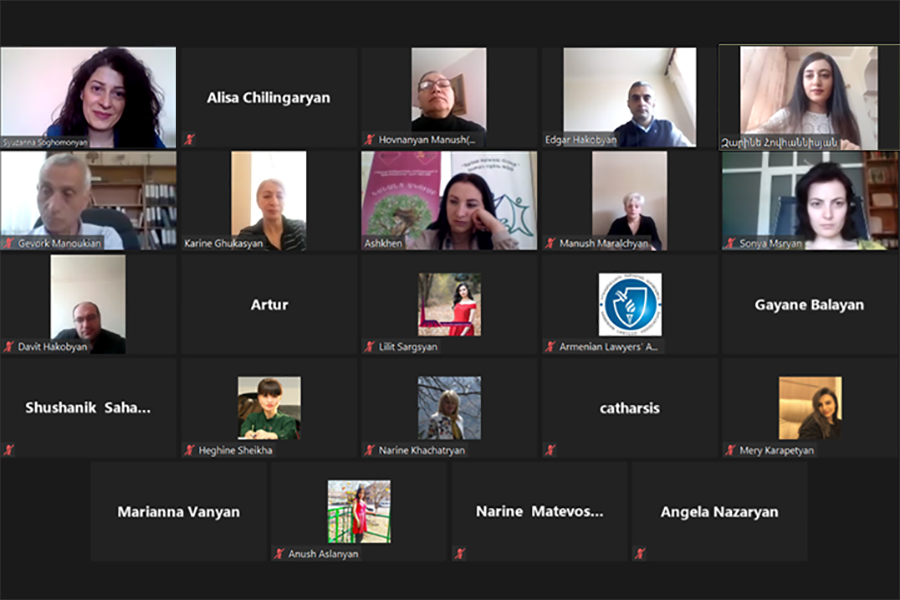Public discussions have started on raising awareness of the “Direct Democracy Promotion for Strengthening Human Rights in Armenia” program and the discussion of the RA National Human Rights Strategy and the 2020-2022 Action Plan.
A seminar-public discussion was held on 15 May with the participation of non-governmental organizations, lawyers, advocates, regional administration, representatives of communities and other interested parties of Lori and Tavush marzes.
“If we say that in the coming months or a year we will have great reforms and results in the field of human rights protection, it will not be taken seriously, because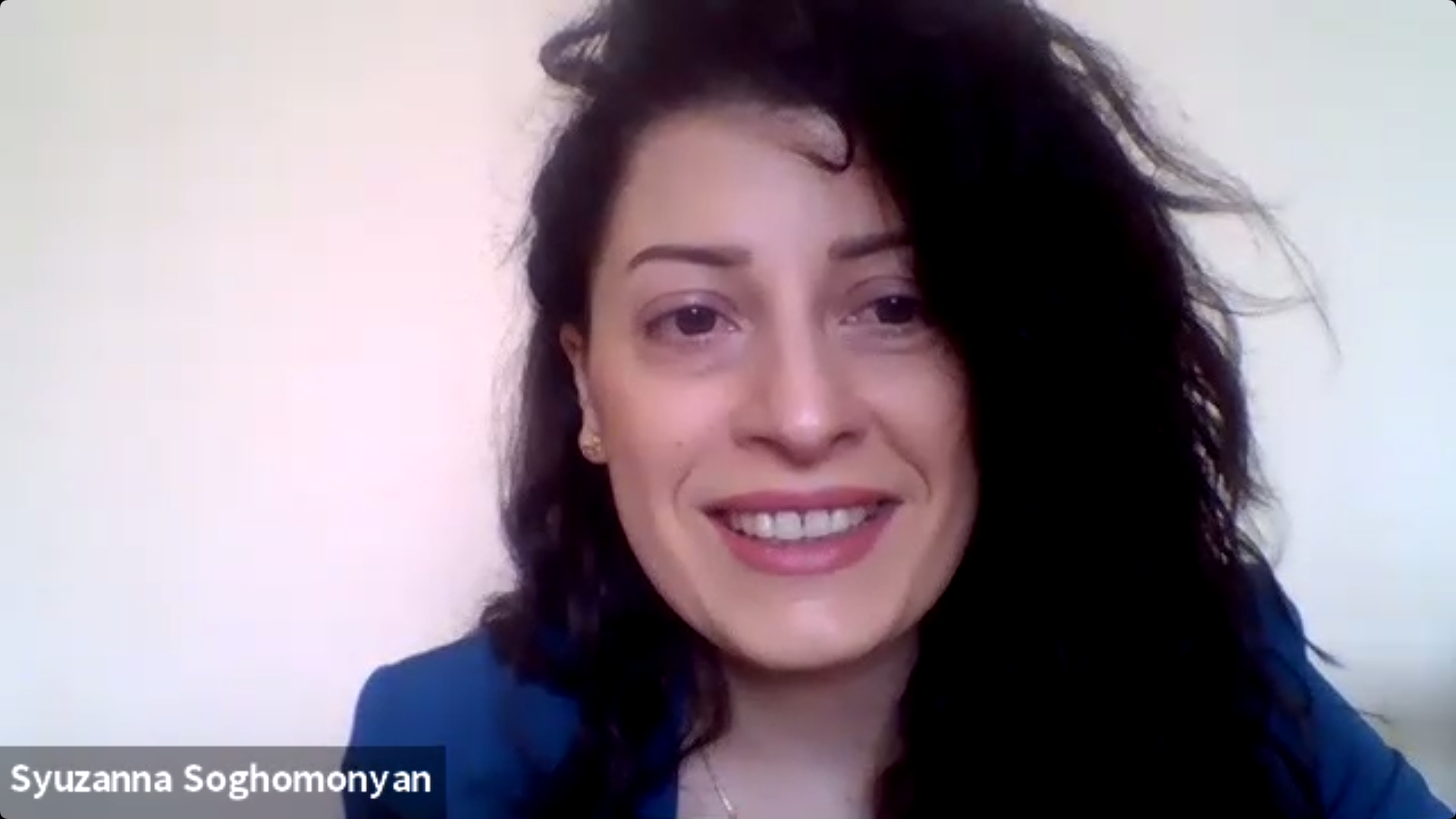 resources are needed to start any process, including time. Active participation from NGOs and all stakeholders is expected, as learning about community issues from the “front line” will make their recruitment and management more effective in coordinating sectoral issues.” Ms Syuzanna Soghomonyan, “Promoting Direct Democracy for Strengthening Human Rights in Armenia” Project Manager said. She also added that the evidence-based report compiled on the legal and sociological bases will be prepared.
resources are needed to start any process, including time. Active participation from NGOs and all stakeholders is expected, as learning about community issues from the “front line” will make their recruitment and management more effective in coordinating sectoral issues.” Ms Syuzanna Soghomonyan, “Promoting Direct Democracy for Strengthening Human Rights in Armenia” Project Manager said. She also added that the evidence-based report compiled on the legal and sociological bases will be prepared.
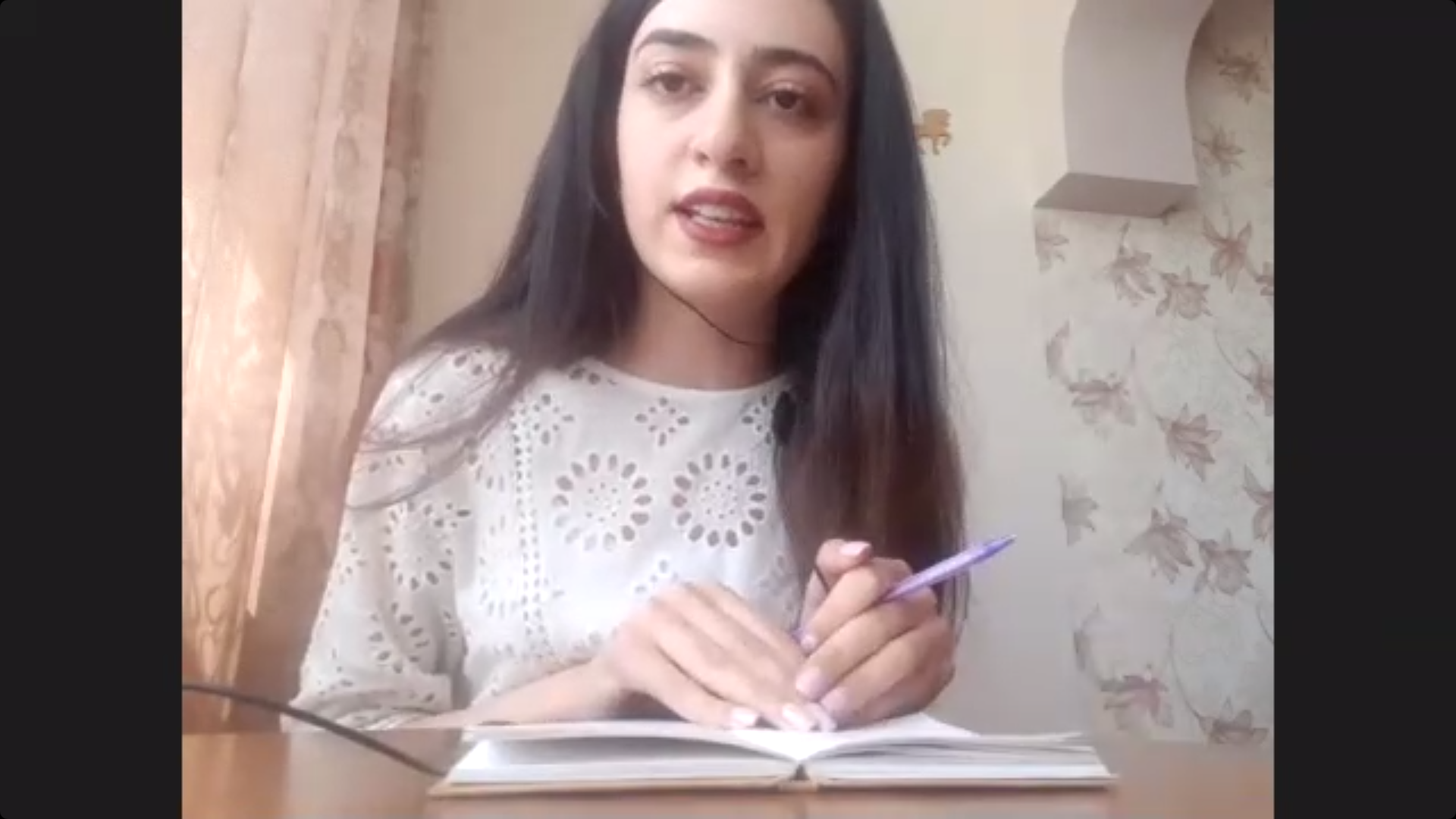 Zarine Hovhannisyan, Lawyer, a member of the Armenian Lawyers’ Association, said that in order to have a good result within the framework of the program, the joint work of non-governmental organizations, state and local self-government bodies is necessary.
Zarine Hovhannisyan, Lawyer, a member of the Armenian Lawyers’ Association, said that in order to have a good result within the framework of the program, the joint work of non-governmental organizations, state and local self-government bodies is necessary.
Sociologist-expert of the program Sonya Msryan mentioned that in addition to quantitative data the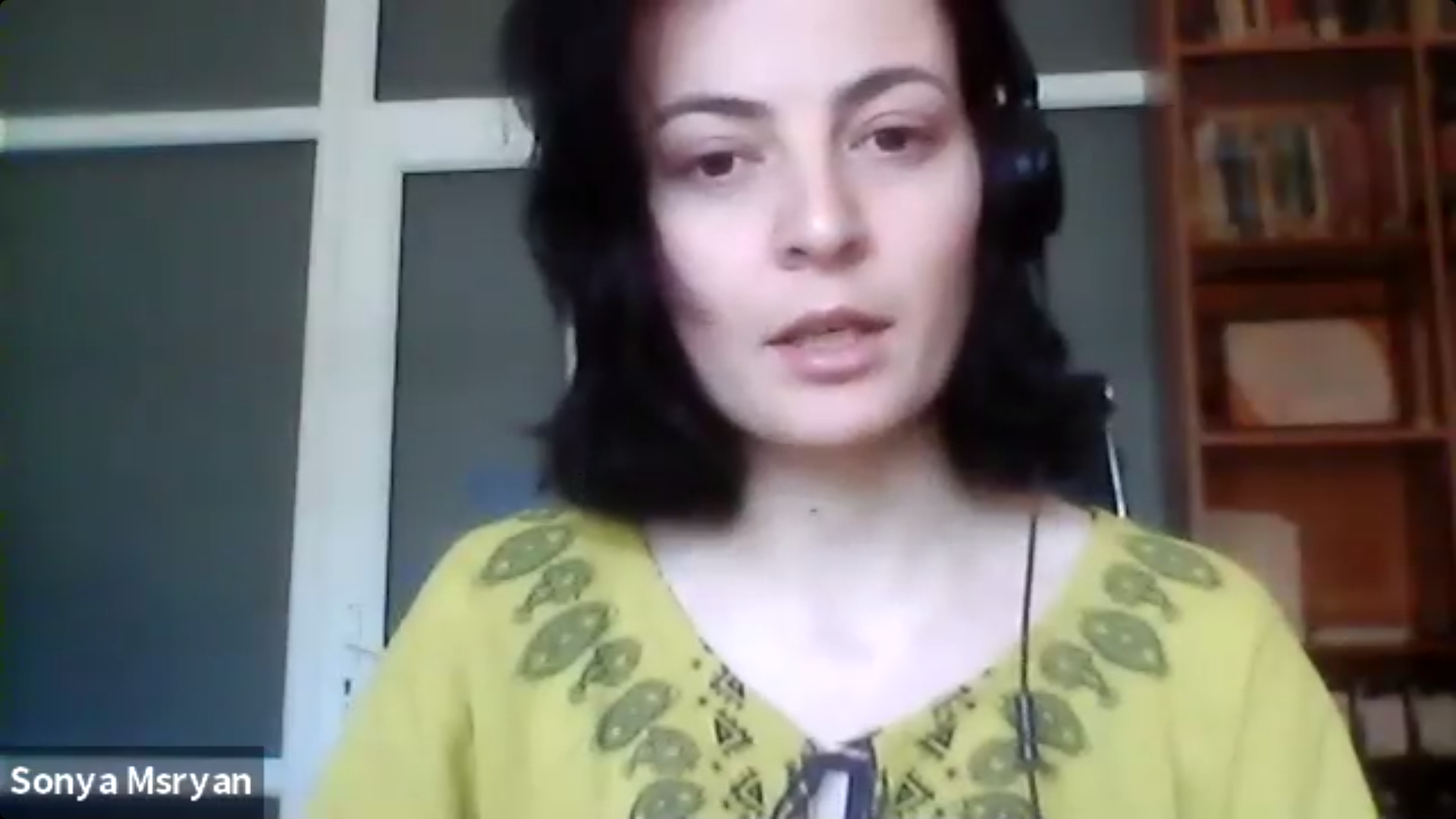 qualitative data will be monitored as well. “We will use the methods of expert interviews and focus group discussions. We will continue our interviews and discussions until we receive the complete answers to our questions,” the sociologist said.
qualitative data will be monitored as well. “We will use the methods of expert interviews and focus group discussions. We will continue our interviews and discussions until we receive the complete answers to our questions,” the sociologist said.
The participants of the discussion presented a number of community issues related mostly to the judicial, including pre-trial proceedings, social and educational spheres. It was also spoken about labor relations, highlighting the issue of existence of an extrajudicial body for the recruitment of work experience and protection of labor rights as priority issues.
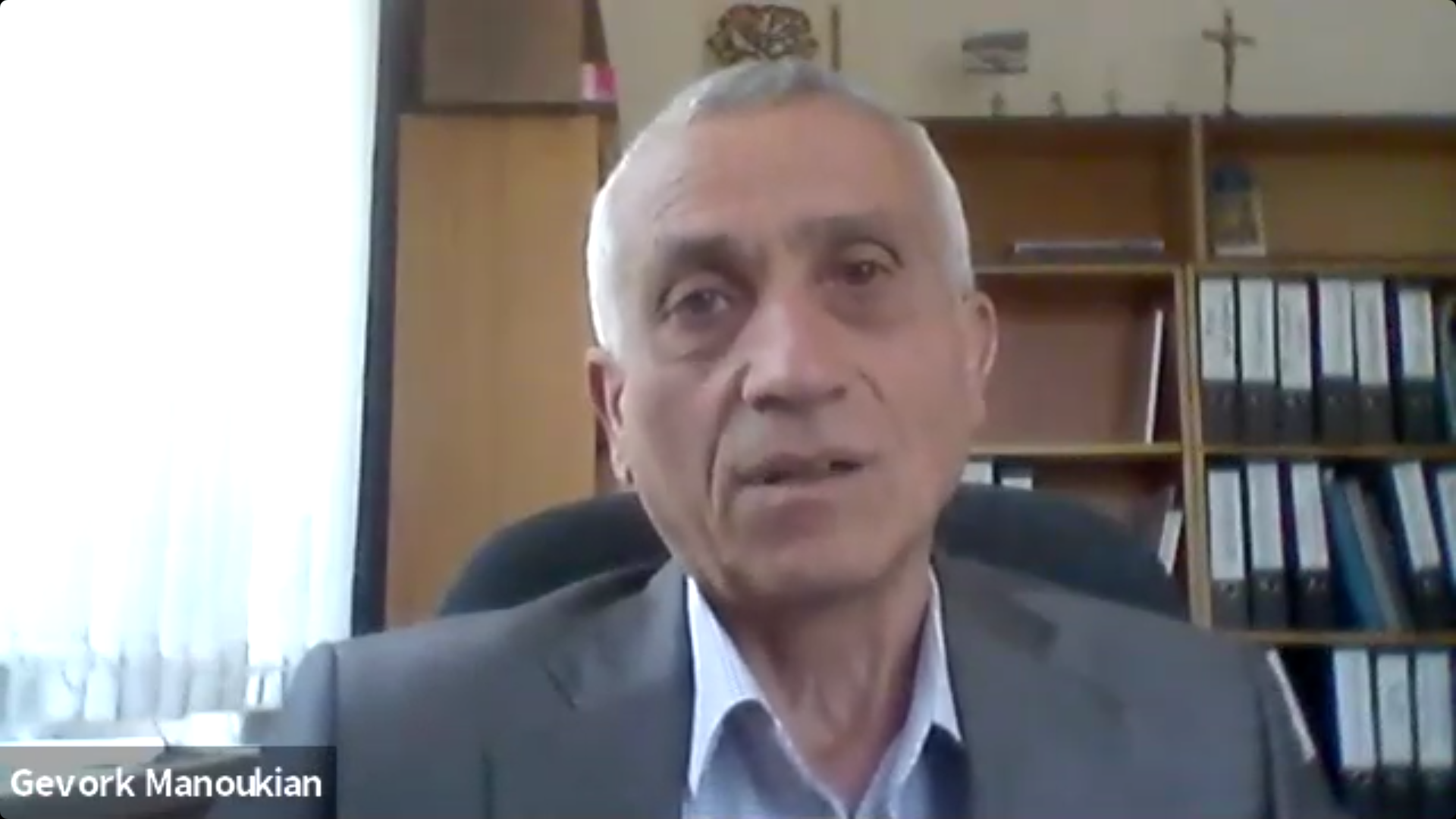 “The subject of “Human Rights” was taught in the general education school for about 10 years, then the lessons were reduced from 34 hours to 17 hours, later the subject was excluded, and a new subject of “Social Sciences” was introduced in the school curricula. Students can only be given a general idea in 17 hours. This issue should be raised and the subject should be restored,” Gevorg Manukyan, President of the {Armenian Constitutional Right Protective Center” NGO (ACRPC) said.
“The subject of “Human Rights” was taught in the general education school for about 10 years, then the lessons were reduced from 34 hours to 17 hours, later the subject was excluded, and a new subject of “Social Sciences” was introduced in the school curricula. Students can only be given a general idea in 17 hours. This issue should be raised and the subject should be restored,” Gevorg Manukyan, President of the {Armenian Constitutional Right Protective Center” NGO (ACRPC) said.
He also spoke about the anti-crisis programs adopted by the government, noting that NGOs have been left out of the field of support, and the fact that NGOs are “employers and commit obligations to their beneficiaries” in the field of human rights protection has not been taken into account.
Lawyer Lilit Sargsyan spoke about the problems in the judicial sphere, in particular, the terms of the examination of cases. “In fact, the trial of the cases in the courts takes a long time, and this is a violation of the right of people to a fair trial. In practice, there are many cases when the court decides that it should publish the verdict, but for 6-7 months there is still no information, the case is resumed and people are in uncertainty. The sector should be regulated, at least by increasing the number of judges, especially in civil and administrative cases,” she said.
courts takes a long time, and this is a violation of the right of people to a fair trial. In practice, there are many cases when the court decides that it should publish the verdict, but for 6-7 months there is still no information, the case is resumed and people are in uncertainty. The sector should be regulated, at least by increasing the number of judges, especially in civil and administrative cases,” she said.
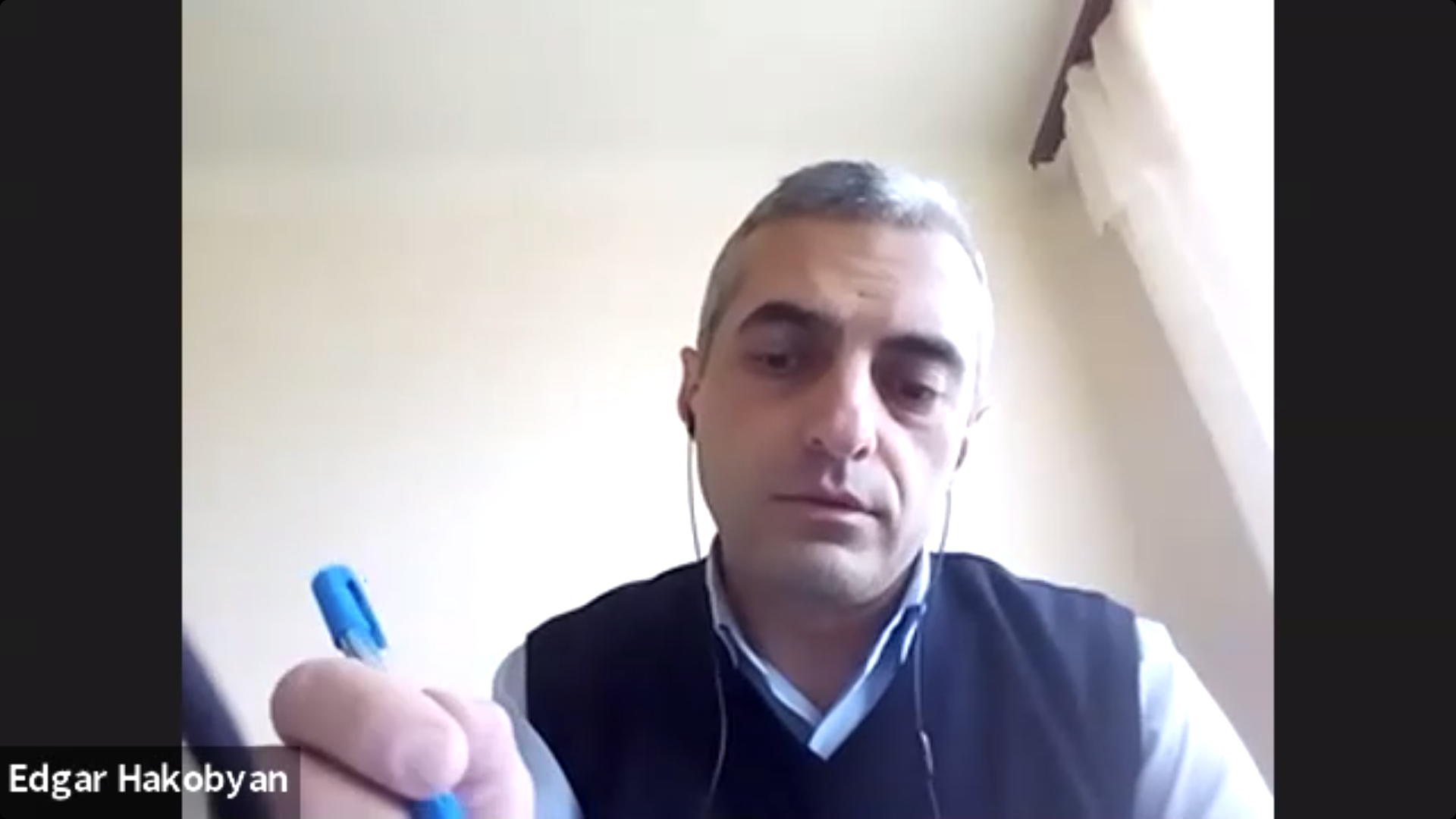 Edgar Hakobyan, a leading specialist in the legal department of Vanadzor Municipality, noted that it is clear that the problems are many, multifaceted and multi-level. “Even if the state is developed or tries to pass a certain way of development, problems arise, and it is necessary to try to solve together.” It will not be only by the citizens, the state or the community administrations separately, the solution of the problems must be carried out jointly,” Edgar Hakobyan said.
Edgar Hakobyan, a leading specialist in the legal department of Vanadzor Municipality, noted that it is clear that the problems are many, multifaceted and multi-level. “Even if the state is developed or tries to pass a certain way of development, problems arise, and it is necessary to try to solve together.” It will not be only by the citizens, the state or the community administrations separately, the solution of the problems must be carried out jointly,” Edgar Hakobyan said.
The issues and challenges raised as a result of the discussion were summarized by the lawyer-expert, and will be taken into account in the process of monitoring, reporting and elaboration of proposals.
Notably, similar discussion has already been held with the participation of representatives of Shirak and Aragatsotn marzes. Discussions will also be held in the near future with the participation of Syunik, Vayots Dzor, Ararat, Armavir and Yerevan CSOs, local self-government bodies, lawyers and other interested parties.
“Promoting Direct Democracy for Strengthening Human Rights in Armenia” project is funded in the framework of the “Eastern Partnership Civil Society Facility” project funded by the European Union.

